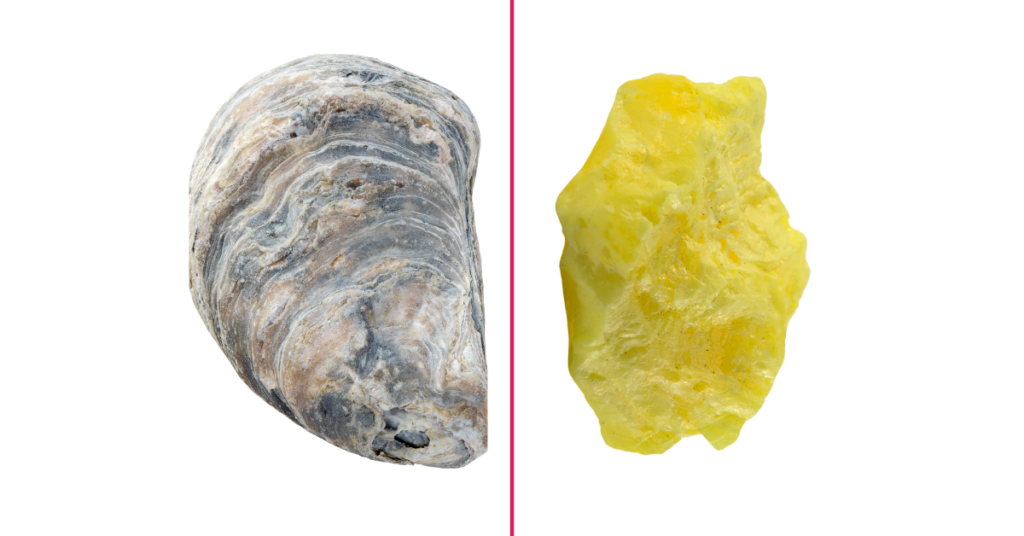Hepar Sulph – Homeopathic Remedy
Hepar Sulph (hepar sulphuris calcareum)
Feeling extreme? Never fear, hepar sulph is at hand!
Description
Hepar sulph is an impure sulphide of calcium, made by heating crushed and powdered oyster shells with sulphur. It is used in extreme situations, characterised by acute pain, and the excretion of putrid-smelling pus.
Other names: Sulphide of calcium.
Uses
Homeopaths may prescribe this remedy for:
Skin conditions such as boils and acne displaying the following characteristics: Touch-sensitive skin, the excretion of putrid-smelling pus.
Infections / inflammatory conditions including tonsillitis, sinusitis, earache, sore throat, laryngitis, mouth ulcers, and cold sores. It is commonly used with great success in treating tooth abscess – although dental care must also be sought in this condition.
Coughs displaying the following characteristics: Acute wheezing accompanied by a cold or influenza.
People requiring this remedy will feel worse: When cold, when touched.
People requiring this remedy will feel better: When warm, covering the head, after eating.
People suitable for this remedy are often overweight, lethargic and depressed individuals, who feel that life has been unfair to them.
The information given on this site about homeopathic remedies is just a general overview. Classical homeopathy takes all the patient’s symptoms into account and prescribes upon the “Totality of Symptoms”, thus finding the precise remedy that matches the patient’s symptoms perfectly.
Here, at The CMA we recommend that anyone interested in learning more about homeopathy and the fascinating remedies that homeopaths use should take an introduction course to homeopathy, which will help you to understand how to become a good home first-aid prescriber. This is ideal for ‘acute symptoms’. However, if you want to learn more – with a view even to becoming a professional homeopath, who is educated highly enough to be able to treat chronic conditions, you’ll need to be prepared to spend many years learning this vast and fascinating topic – along with anatomy, physiology and pathology, history of medicine, homeopathic philosophy, and much more. You’ll find both kinds of courses here on this site – head to our section on Find a CMA Member and search under CMA Registered Training Schools.

